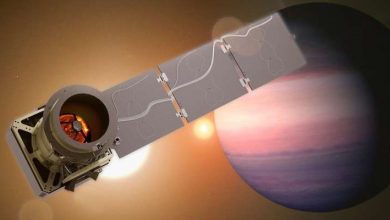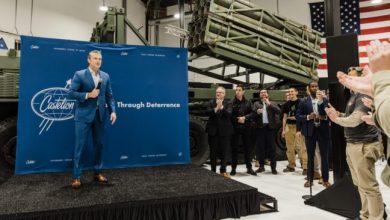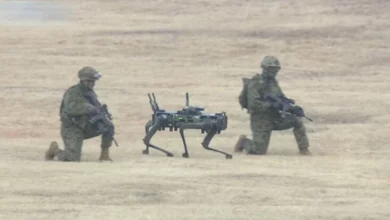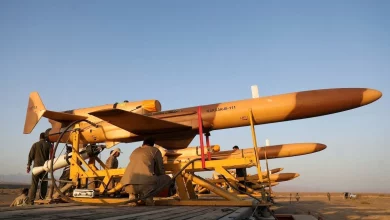Trump: F-35 to get twin-engine successor
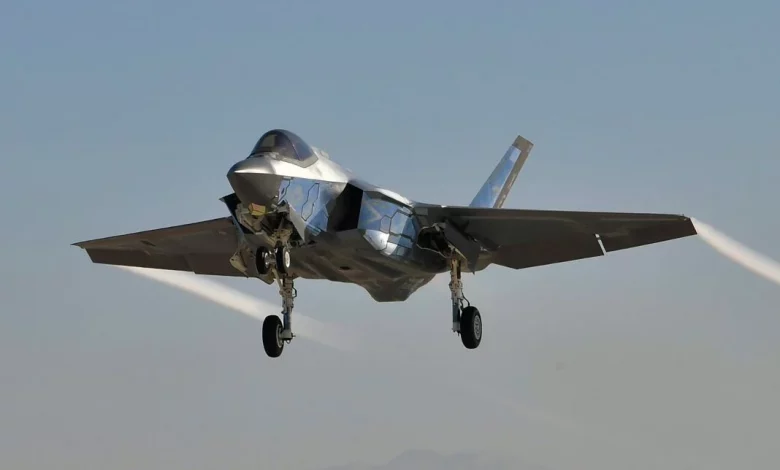
U.S. President Donald Trump announced Thursday that the United States is moving toward the development of a new twin-engine fighter aircraft, to be designated the F-55, and is also planning a major modernization effort for the F-22 Raptor fleet.
Speaking during a press conference on May 15 while visiting Qatar, Trump said the new aircraft would effectively build on the F-35 platform but feature twin engines—a point he stressed as critical.
“We’re doing an upgrade, a simple upgrade, but we’re also doing an F-55,” Trump said. “It’s going to be also with two engines because the F-35 has a single engine. I don’t like single engines.”
The proposed F-55 would address longstanding concerns about the survivability and performance limitations of single-engine jets in high-threat environments. While no detailed specifications were released, the concept implies a heavier and more capable multirole stealth fighter optimized for longer range, improved redundancy, and enhanced thrust.
Alongside the F-55, Trump stated his intent to overhaul the Air Force’s existing fleet of F-22 Raptors, branding the upgraded version the “F-22 Super.”
The F-22, first fielded in 2005, remains a cornerstone of U.S. air superiority but has not received a structural modernization program of this scope in years.
Although the Pentagon has not yet issued a formal request for proposals, the remarks suggest a renewed executive push to revitalize American airpower with next-generation variants rather than rely solely on existing platforms or future sixth-generation projects.
Industry observers say both initiatives, if funded and executed, would likely involve contractors already central to U.S. fighter production, particularly Lockheed Martin, which produces both the F-35 and the original F-22. The company has not yet publicly commented on the announcement.
In recent years, the U.S. has faced increasing competition in the fighter domain from China’s J-20 and France’s Rafale. Trump’s push for a more capable fighter fleet appears aimed at maintaining U.S. dominance in contested airspace and addressing operational gaps before the F-47 program reaches full maturity.
No official development timeline or budget figures were disclosed during the announcement.


